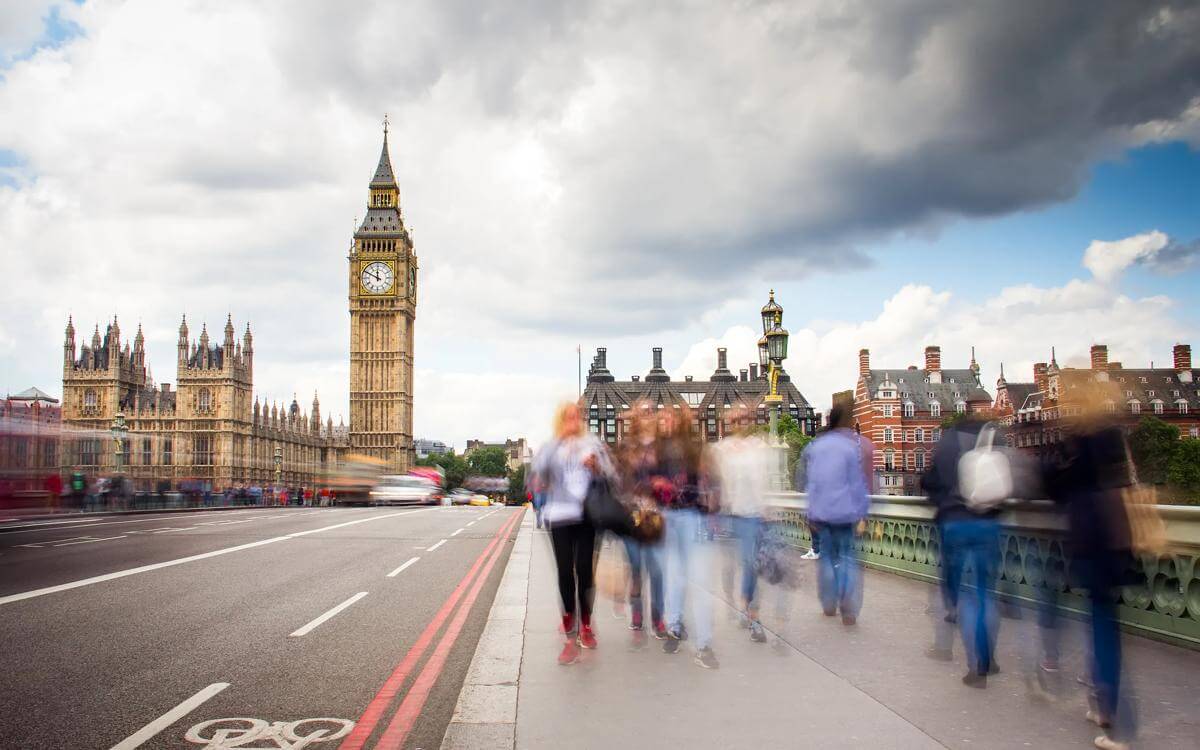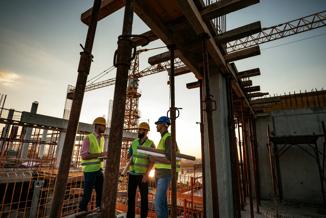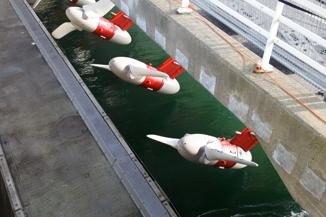Coronavirus Bill – impact on local authorities
The Coronavirus Emergency Measures Bill (the Bill) was introduced to Parliament on 19 March 2020.
Please note: the information contained in this legal update is correct as of the original date of publication
The Coronavirus Emergency Measures Bill (the Bill) was introduced to Parliament on 19 March 2020.
Guidance on what the Bill will do was published by the Department of Health and Social Care on 17 March 2020. One of the Bill’s purposes is to give public bodies across the UK the tools and powers they need to carry out an effective response to the Covid-19 emergency. It is due to take effect by the end of March 2020.
The legislation will be time limited for 2 years and not all of its measures will come into force immediately. England, Scotland, Wales and Northern Ireland governments will have the autonomy to choose when to “switch on” the new powers and switch them off when they are no longer necessary. Such decisions will be based on advice from the Chief Medical Officers.
In order to contain and slow the virus the Bill will give powers to reduce unnecessary social contacts, for example through events and gatherings. It will do this by strengthening the powers of police and immigration officers. Other powers will enable the government to restrict or prohibit events and gatherings in any place, vehicle, train, vessel or aircraft and any moveable structure. Where necessary premises can be forced to close.
Local Authorities may have a role to play in deciding which premises should be forced to close and when. There may be a joint role for police officers and local authority enforcement officers in investigating and assessing premises which allow large gatherings of people, enforcing the shut down, and potentially even prosecuting those licence holders who ignore closure notices.
Perhaps most draconian is the power to be given to police and immigration officers to detain a person who is or may be infectious, and take them to a suitable place to enable screening and assessment.
As yet there is no information on what “suitable place” means. Local Authorities might be called upon to offer such facilities – perhaps in the now closed leisure centres, sporting venues or libraries – where temporary holding areas can be set up with access to medical testing and assessment. A multi-disciplinary approach is likely to be needed between local authorities and clinical commissioners to enable this to happen.
Given the role that Local Authority officers could play in the implementation and enforcement of the new powers consideration will also need to be given to the health and safety of those individuals. This will include the need to avoid lone working, access to appropriate PPE and other measures to ensure their safety.

.jpg?variant=HeroImageTabletVariantDefinition)







































